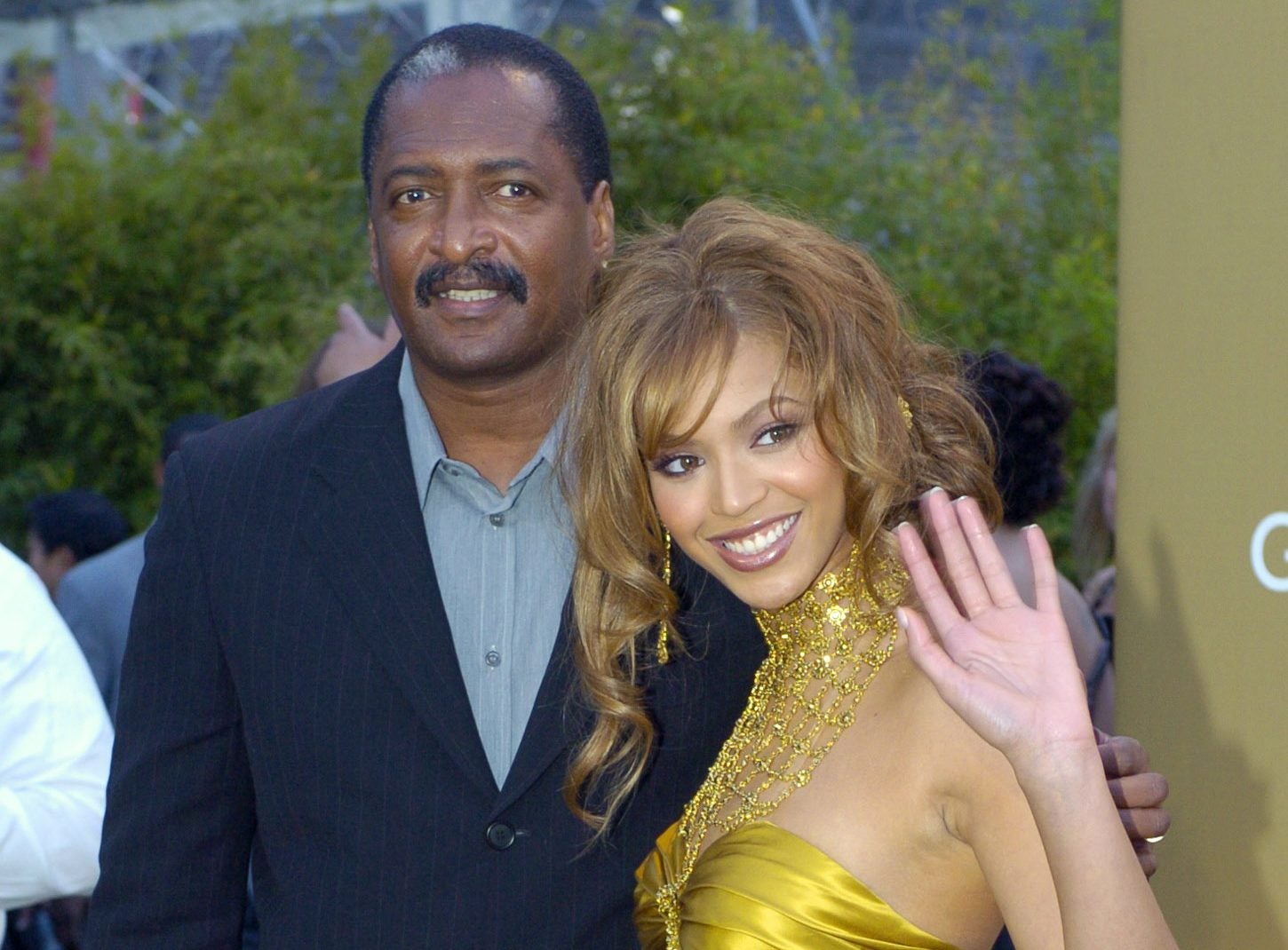Stigma makes breast cancer in men even more deadly
In an interview that aired today, Mathew Knowles—the father of superstars Beyoncé and Solange—revealed that he had been treated for male breast cancer. Knowles, 67, shared his diagnosis on Good Morning America, recounting to host Michael Strahan that he called his doctor after he noticed a dot of blood on his shirt that kept popping up in the same place. Knowles got a mammogram and received treatment in July; he says he’s been “doing really good” since then.


In an interview that aired today, Mathew Knowles—the father of superstars Beyoncé and Solange—revealed that he had been treated for male breast cancer. Knowles, 67, shared his diagnosis on Good Morning America, recounting to host Michael Strahan that he called his doctor after he noticed a dot of blood on his shirt that kept popping up in the same place. Knowles got a mammogram and received treatment in July; he says he’s been “doing really good” since then.
Though men don’t have as much breast tissue as women, they can still get breast cancer. Male breast cancer isn’t common—less than 1% of all breast cancers occur in men, and about one in every 833 men will get diagnosed. Because male breast cancer is so rare, there’s a lot that scientists don’t know about it, including its biological drivers and, in some cases, the best way to treat it.
Even though breast cancer is less common in men, it’s more likely to be fatal. A study published last month in JAMA found that men have a 19% higher overall mortality rate and that, three to five years after a diagnosis of breast cancer, are less likely to be alive than women.
One major reason why male breast cancer is so deadly: stigma. Multiple studies have found that men feel embarrassed when their breast tissue is enlarged (often a symptom of breast cancer), so they don’t seek out a doctor’s help. This means men are often diagnosed at later stages, which can make the disease harder to treat and increase the risk of mortality.
“Men want to keep it hidden, because we feel embarrassed—and there’s no reason for that,” Knowles said on Good Morning America.
If they are diagnosed, men are less likely to tell others about their diagnosis— which might raise awareness—since most people still consider breast cancer a “women’s disease.” A diagnosis of a “feminized illness” negatively alters their body image; one study found that 43% of men would question their masculinity if they were diagnosed with breast cancer. Redefining masculinity for themselves has proven to be an effective way for men to cope with the disease.
Awareness of male breast cancer can help lead to early diagnosis. And the best way to increase it is to lift the stigma around the condition—a fact of which Knowles is keenly aware.
“The numbers we have on men and breast cancer are not adequate because we don’t have enough men that come forward, that take the exam,” Knowles said. “I need men to speak out if they’ve had breast cancer. I need them to let people know they have the disease, so we can get correct numbers and better research.”